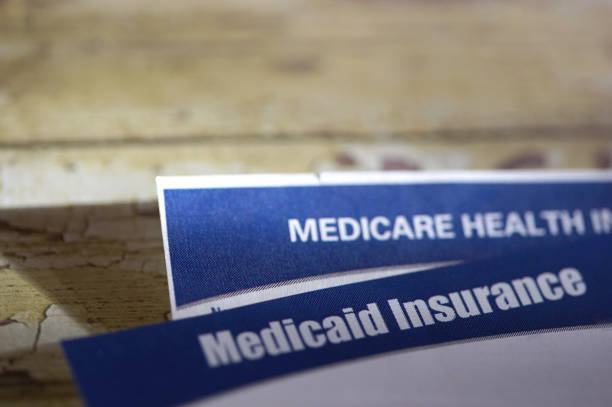Misconceptions About Medicare

Older Americans have a lot of misconceptions about Medicare, which could hurt them in retirement.
After you retire, healthcare may become your most significant recurring expense. This is especially true if you have paid off your house by the time your employment ends.
That’s why it’s critical to understand what to expect from Medicare when enrolling. However, according to recent statistics from Fidelity, older Americans aged 58 to 76 lack a crucial understanding of Medicare coverage and enrollment. And that could lead to a lot of financial hardship.
When asked by Fidelity when Medicare enrollment began, 57 percent of baby boomers said they would be 62 years old. However, while seniors can sign up for Social Security at that age, Medicare eligibility does not begin until they reach the age of 65.
For early retirees, not knowing this could be an issue. If you decide to retire at 62, assuming you’ll be covered by Medicare, but find out that won’t be the case for another three years, you may find it difficult to afford a new health plan.
Furthermore, in a poll of baby boomers by Fidelity, 41% said that Medicare limits out-of-pocket expenditures. However, enrolling in a Medigap plan is the only way to keep out-of-pocket expenses to a minimum (supplemental insurance). Not knowing this could leave you liable for a slew of medical bills you can’t afford.
Finally, 40% of baby boomers believe Medicare will pay the expense of nursing home care. That is untrue. When it comes to healing from an injury or treating an actual sickness, Medicare will cover the cost of staying in a skilled nursing facility. However, Medicare does not cover custodial care and assistance with daily activities. You’ll need to get long-term care insurance to acquire that coverage.
Knowing how Medicare works can put you in a position where you won’t be able to afford your future healthcare costs, which is something you should avoid. And you can do so by learning more about Medicare before you start thinking about retiring.
At the same time, it’s a good idea to set aside money for future medical expenditures, and a Health Savings Account (HSA) is an excellent way to do so. HSA funds never expire, so you can contribute to these accounts during your working years, invest the money you don’t need right away, and retire with a healthy balance.
You may have heard that an HSA can’t be used to pay for Medicare expenses, but this isn’t the case. While you won’t be able to contribute to an HSA once you’ve registered in Medicare, you will be able to take withdrawals to pay for items like deductibles and copays.
While you’re learning about Medicare, you might study about HSAs as well. Knowing this information may encourage you to make wise decisions that will allow you to cover future healthcare bills with less stress.
Contact Information:
Email: [email protected]
Phone: 8889193252
Popular posts

Civilian Military Employees: What...
Key Takeaways Civilian military...

How to Pick the...
Key Takeaways: Choosing the...
Free Retirement Benefits Analysis
Federal Retirement benefits are complex. Not having all of the right answers can cost you thousands of dollars a year in lost retirement income. Don’t risk going it alone. Request your complimentary benefit analysis today. Get more from your benefits.
I want more



